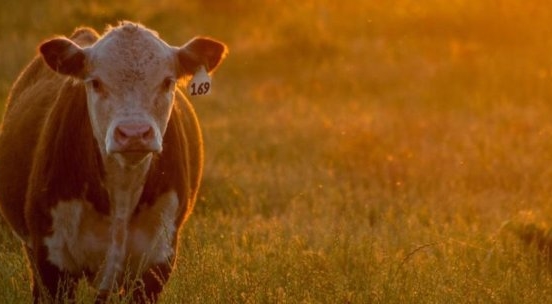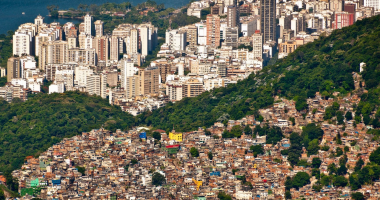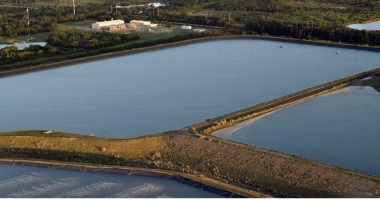Climate, Health and Equity Brief
Land Use, Water Crisis And Driving Change
August 15, 2019

Hot Topic: Food and water. It’s been a week of dire warnings about the security of our natural resources and the urgent need for better global stewardship of our land and water. The latest report from the UN’s Intergovernmental Panel on Climate Change (IPCC) reports that nearly three-quarters of Earth’s ice-free surface has been paved, plowed or deforested, and limiting temperature rise to safe levels will require fundamentally altering the way the world produces food and manages land.
A second report from the Water Resources Institute (WRI) focused on the unthinkable water crises which are now becoming commonplace. The report finds that 17 countries—home to one-quarter of the world’s population—now face “extremely high” levels of water stress, putting billions of people at risk.
As the impacts of climate change continue to intensify and population growth, socio-economic development, and urbanization promise to increase demand for food and water, action is required of by every person, city and nation. As these reports make clear, small adjustments to our own food consumption on an individual level are one of the most important ways we can help drive change.
—Matt & Traci, GMMB
Health
A new UN IPCC report on Climate Change and Land has issued the dire warning that the combination of poor land and water use practices and climate change are putting unprecedented pressure on the ability of humanity to feed itself. (The New York Times)
Overfishing and warming waters are causing higher levels of mercury in the fish we eat, leading to impaired brain development and cognitive abilities in humans. (The Atlantic)
Extreme heatwaves in July led to a spike in heat-related deaths around the world. (The Washington Post)
Climate change-induced anxiety is causing young people to change career paths and rethink having children. (USA Today)
Security
A new report finds that a quarter of humanity now faces the prospect of running out of water, and recommends measures cities can and must take now to address the crisis. (The New York Times)
Ongoing geopolitical struggles between Turkey, Syria, Iran, and Iraq over the Tigris and Euphrates rivers are being exacerbated by water scarcity due to drought and higher temperatures in the region. (Fair Observer)
Politics & Economy
Midwest and Mid-South states reported the 22nd consecutive quarter of decreased farm incomes after record spring floods devastated a large portion of the U.S. Farm Belt. (Reuters)
Drought has contributed to the lowest water levels in 100 years in Southeast Asia’s Mekong River, threatening more than 60 million livelihoods and diminishing the productivity of the world’s largest inland fishery. (National Geographic)
Action
On July 25, Ethiopia citizens planted 350 million trees, part of the Prime Minister’s effort to combat deforestation and climate change by planting four billion trees by this fall. (The New York Times)
Since every plant moves carbon dioxide out of the air and into the ground, innovative new techniques could help modern farmers tackle climate change while still making a living and feeding the world. (CNN)
How small changes in our diets can have a big impact on climate change. (NBC)
Upcoming Events
- September 4-6: The 2019 Planetary Health Annual Meeting
- September 12: Forests, Food & Land Day: Meeting the 30×30 Challenge
- September 23: UN Climate Summit 2019
- September 23-29: Climate Week NYC
- November 2: APHA Annual Meeting and Expo: “Creating the Healthiest Nation: For science. For action. For health.”
- November 11-22: Santiago Climate Change Conference (COP25)
Ever wondered what climate change is like for a tree?
Check out the Twitter Feed of Harvard Forest’s Witness Tree.
“Food, culture, people and landscape are all absolutely inseparable.”
-Anthony Bourdain
Have feedback on this issue? Email us

)





